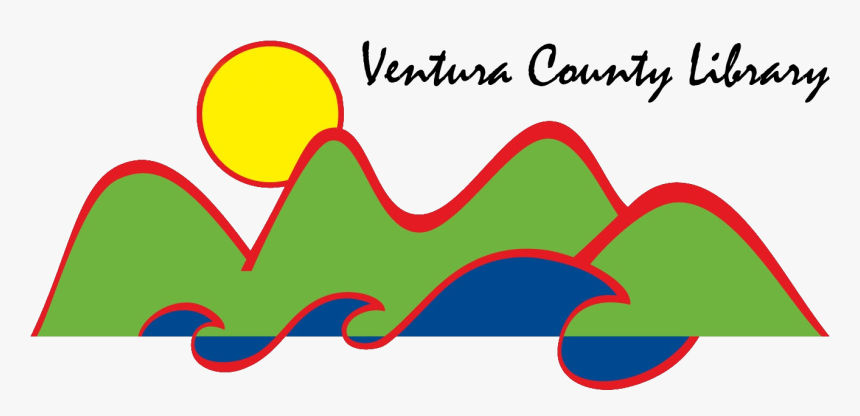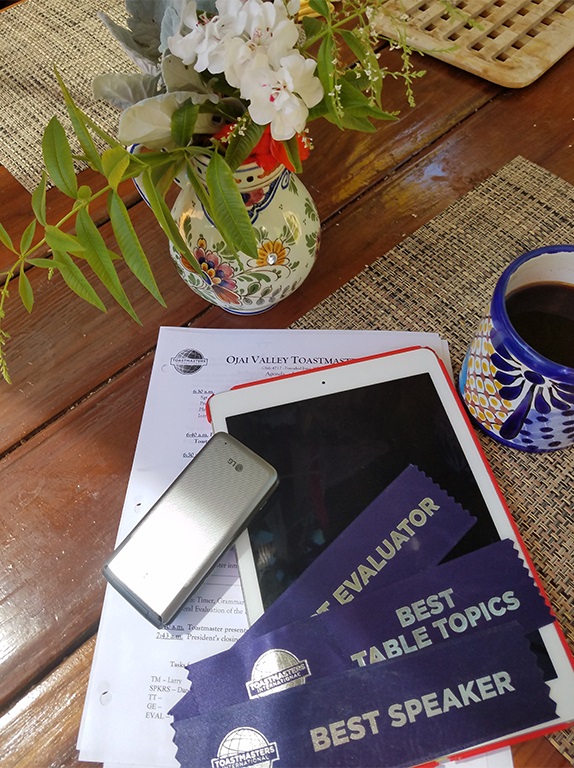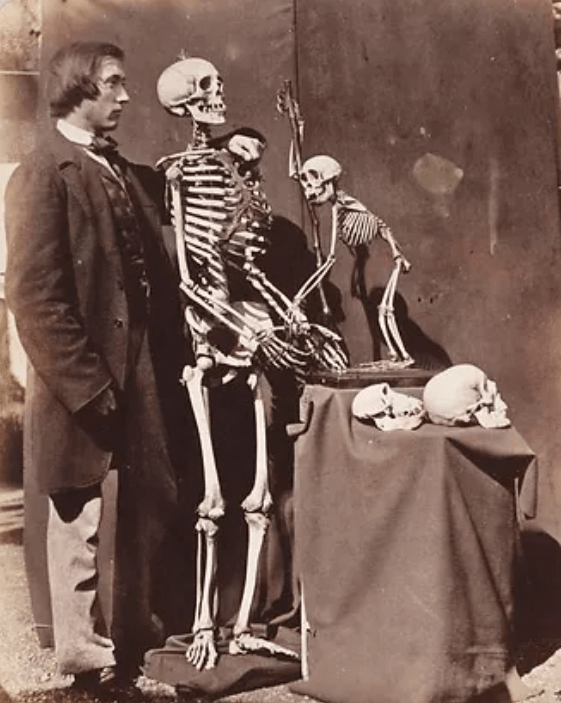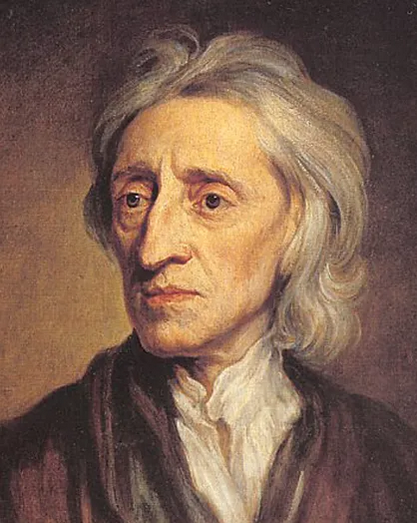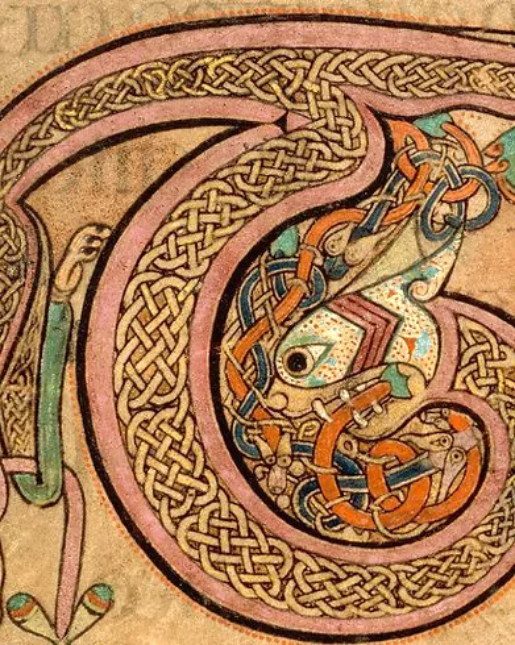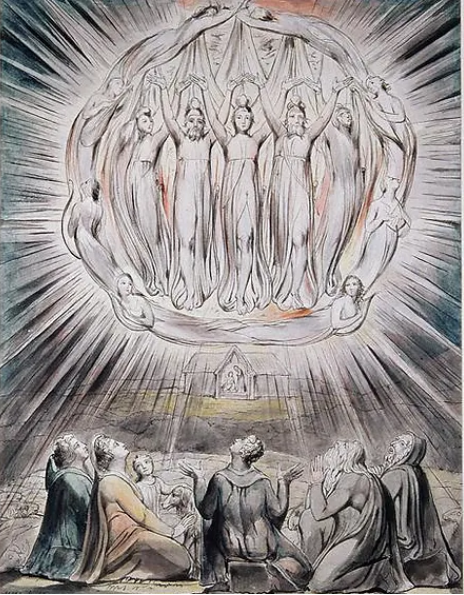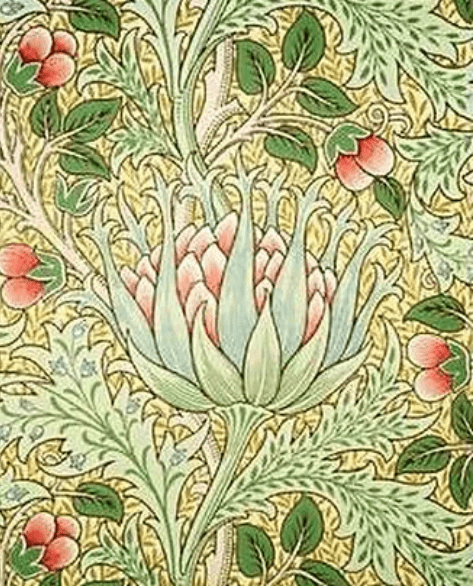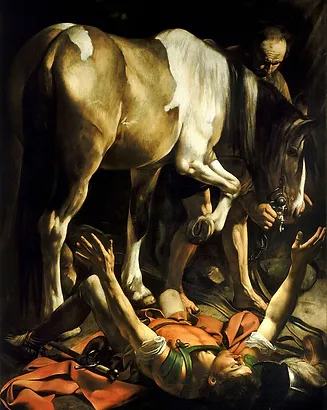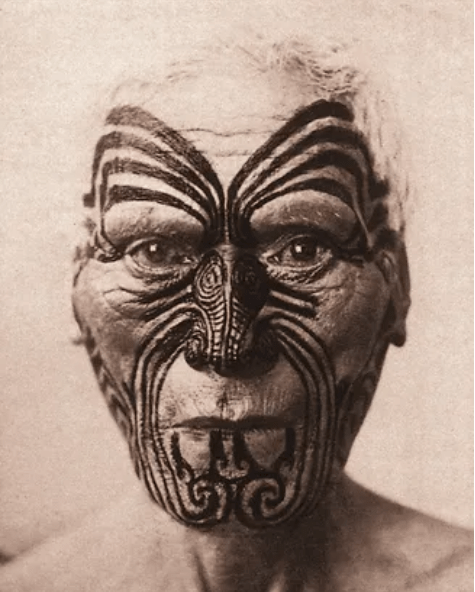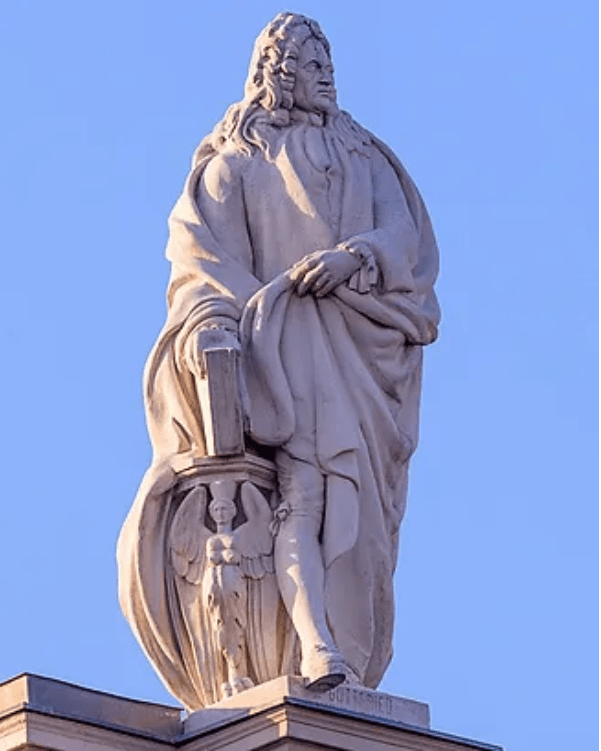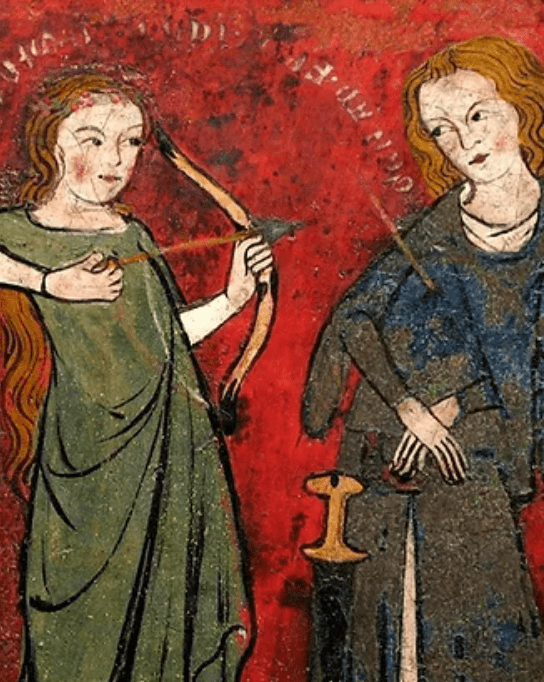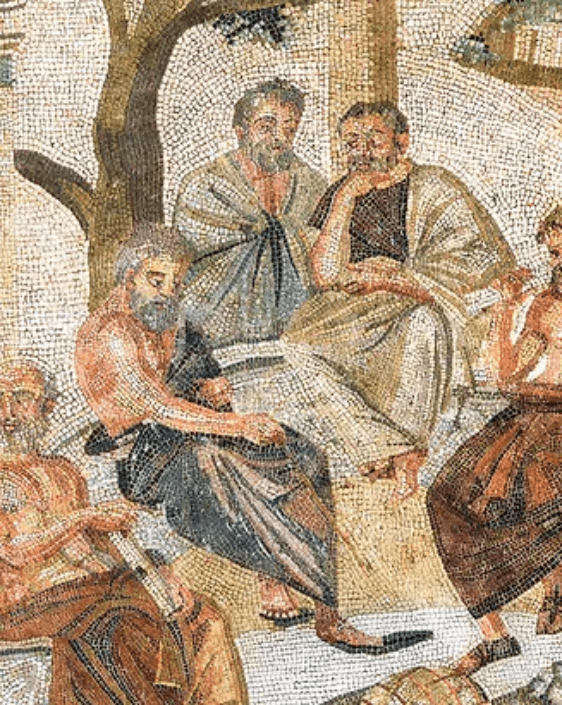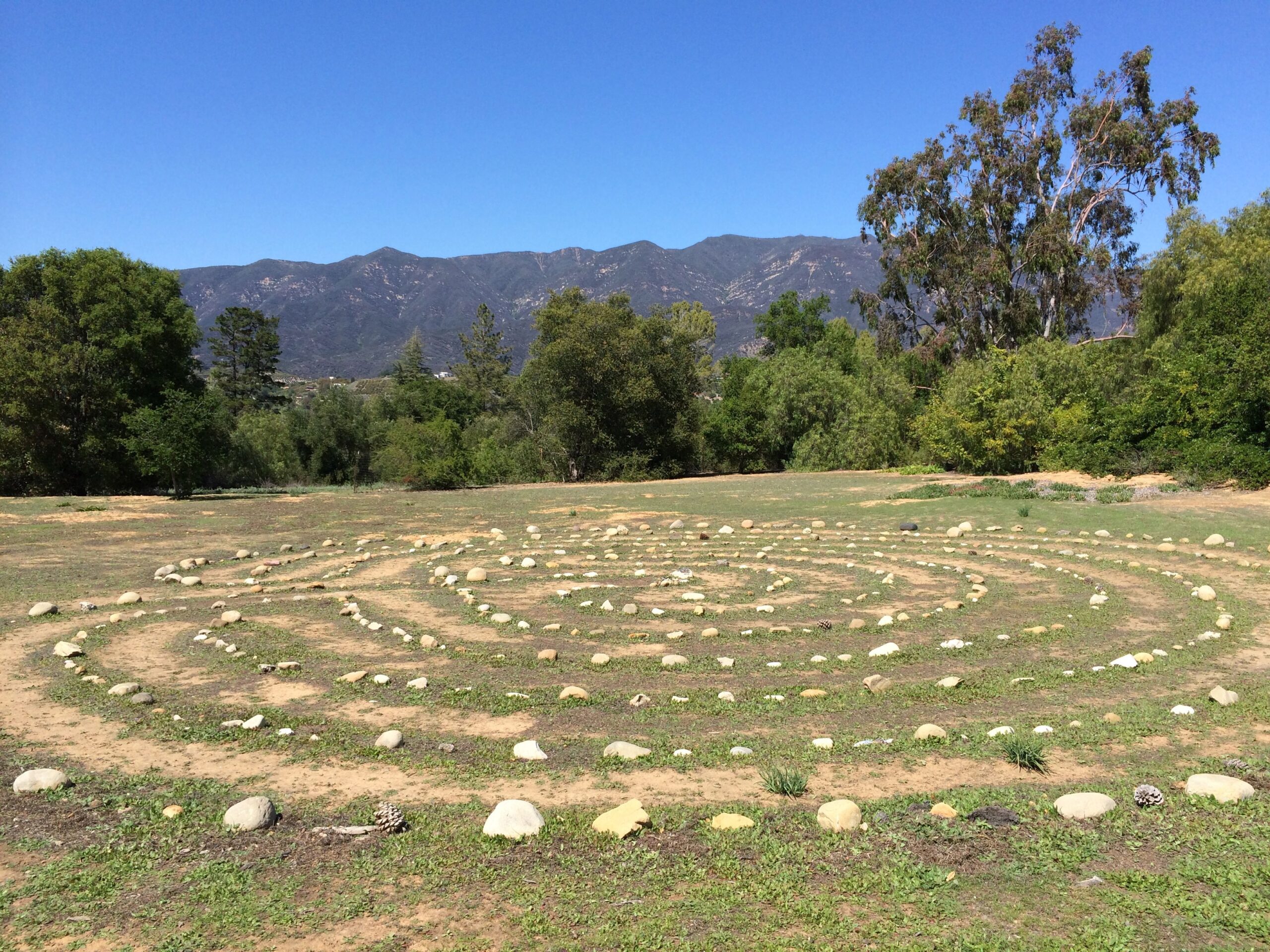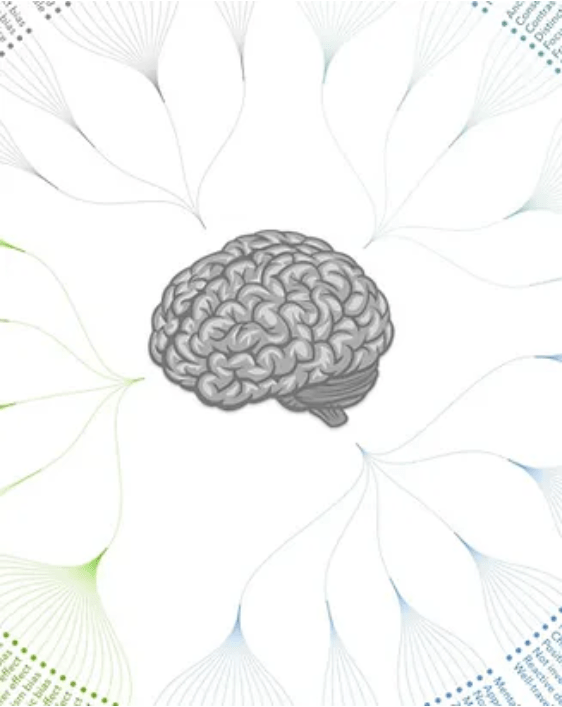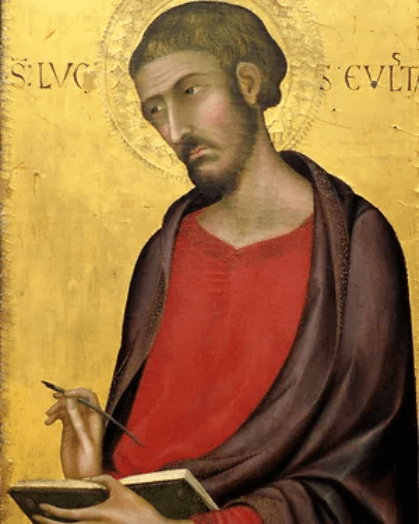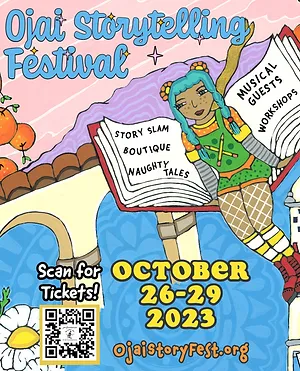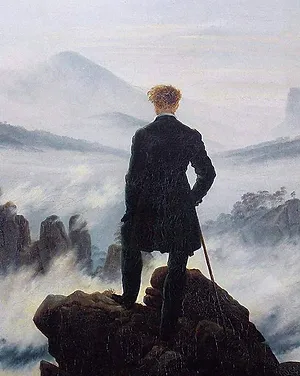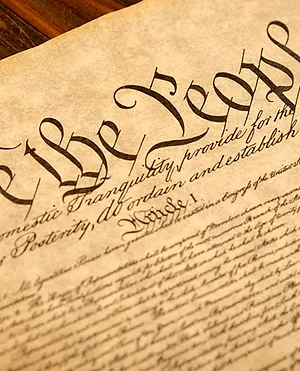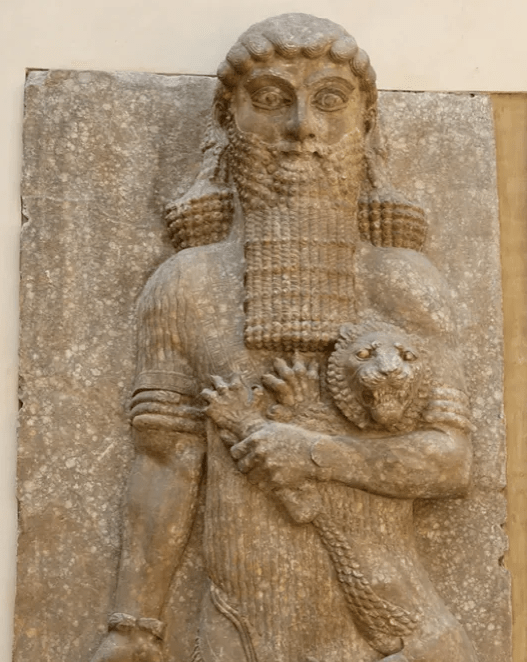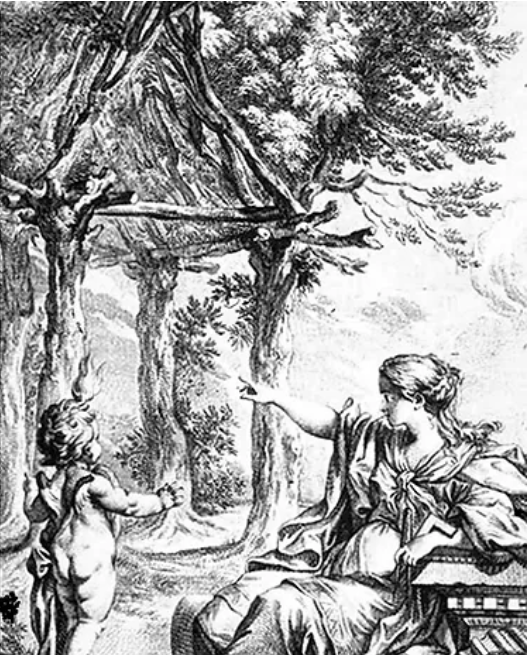
June 2023
Join your favorite Ventura County librarians for Storytime Live on Facebook
Find out moreJoin your favorite Ventura County librarians for Storytime Live on Facebook
Find out moreStart off your Friday mornings with a lively, interesting and challenging splash.
Find out moreJoin your favorite Ventura County librarians for Storytime Live on Facebook
Find out moreJuly 2023
Join your favorite Ventura County librarians for Storytime Live on Facebook
Find out moreWhat are the fundamental principles of our Republic? Are these principles based on a view of objective reality/nature, or simply the "consent of the governed"? Depending on how one addresses the previous question: Are these principles changeable, and if so on what grounds? How should one read the founding documents?
Find out moreWhat is Art? Why does it hold such a central position in humanity’s self-understanding? Art seems to have subjective, contingent, and relative aspects, while also evoking the eternal, essential, and radical.
Find out moreJoin your favorite Ventura County librarians for Storytime Live on Facebook
Find out moreJoin your favorite Ventura County librarians for Storytime Live on Facebook
Find out moreJoin your favorite Ventura County librarians for Storytime Live on Facebook
Find out moreJoin your favorite Ventura County librarians for Storytime Live on Facebook
Find out moreStart off your Friday mornings with a lively, interesting and challenging splash.
Find out moreIn 1871 Charles Darwin published The Descent of Man, which applies evolutionary theory to human evolution, and details his theory of sexual selection, a form of biological adaptation distinct from, yet interconnected with, natural selection.
Find out moreA story with no real beginning or end, the work has come to assume a preeminent place in English literature.
Find out moreThis series will explore the troubling world of the absurd through the writings of Kafka, Gogol, Camus, Sartre, Borges, Beckett, Bulgakov, and others.
Find out moreA story with no real beginning or end, the work has come to assume a preeminent place in English literature.
Find out moreStart off your Friday mornings with a lively, interesting and challenging splash.
Find out moreThe Origins of Totalitarianism, published in 1951, was Hannah Arendt's first major work. The book strives to understand the causes and the mechanics of Nazism and Stalinism as the major totalitarian political movements of the 20th century.
Find out moreThe term natural law is a little hazy. Is natural law simply a more authoritative version of positive law? And if that is true, how might we understand how the founders of the American republic came to believe in the proposition that we are all endowed with certain inalienable rights which are self-evident truths? Conversely, does science and civil law show us that there are no natural laws, rather only values?
Find out moreStart off your Friday mornings with a lively, interesting and challenging splash.
Find out moreThis series will explore the troubling world of the absurd through the writings of Kafka, Gogol, Camus, Sartre, Borges, Beckett, Bulgakov, and others.
Find out moreA story with no real beginning or end, the work has come to assume a preeminent place in English literature.
Find out moreStart off your Friday mornings with a lively, interesting and challenging splash.
Find out more“We must judge the tree by its fruit. The best fruits of the religious experience are the best things history has to offer. The highest flights of charity, devotion, trust, patience, and bravery to which the wings of human nature have spread themselves, have all been flown for religious ideals.”
Find out moreAugust 2023
Start off your Friday mornings with a lively, interesting and challenging splash.
Find out moreWhat are the fundamental principles of our Republic? Are these principles based on a view of objective reality/nature, or simply the "consent of the governed"? Depending on how one addresses the previous question: Are these principles changeable, and if so on what grounds? How should one read the founding documents?
Find out moreThis series will explore the troubling world of the absurd through the writings of Kafka, Gogol, Camus, Sartre, Borges, Beckett, Bulgakov, and others.
Find out moreA story with no real beginning or end, the work has come to assume a preeminent place in English literature.
Find out moreStart off your Friday mornings with a lively, interesting and challenging splash.
Find out moreWhat is Art? Why does it hold such a central position in humanity’s self-understanding? Art seems to have subjective, contingent, and relative aspects, while also evoking the eternal, essential, and radical.
Find out moreStart off your Friday mornings with a lively, interesting and challenging splash.
Find out moreIn 1871 Charles Darwin published The Descent of Man, which applies evolutionary theory to human evolution, and details his theory of sexual selection, a form of biological adaptation distinct from, yet interconnected with, natural selection.
Find out moreThis revived online series will inquire into contemporary issues of science, politics, culture, and economics, meeting once per month and covering 30-50 pages of a text per session.
Find out moreThis series will explore the troubling world of the absurd through the writings of Kafka, Gogol, Camus, Sartre, Borges, Beckett, Bulgakov, and others.
Find out moreA story with no real beginning or end, the work has come to assume a preeminent place in English literature.
Find out moreStart off your Friday mornings with a lively, interesting and challenging splash.
Find out moreThe word testament in the expression New Testament refers to a new covenant that Christians believe fulfills the covenant that God made with the people of Israel made on Mount Sinai through Moses, described in the books of the Old Testament.
Find out moreThe Origins of Totalitarianism, published in 1951, was Hannah Arendt's first major work. The book strives to understand the causes and the mechanics of Nazism and Stalinism as the major totalitarian political movements of the 20th century.
Find out moreSeptember 2023
Start off your Friday mornings with a lively, interesting and challenging splash.
Find out moreWhat are the fundamental principles of our Republic? Are these principles based on a view of objective reality/nature, or simply the "consent of the governed"? Depending on how one addresses the previous question: Are these principles changeable, and if so on what grounds? How should one read the founding documents?
Find out moreThe term natural law is a little hazy. Is natural law simply a more authoritative version of positive law? And if that is true, how might we understand how the founders of the American republic came to believe in the proposition that we are all endowed with certain inalienable rights which are self-evident truths? Conversely, does science and civil law show us that there are no natural laws, rather only values?
Find out moreThis series will explore the troubling world of the absurd through the writings of Kafka, Gogol, Camus, Sartre, Borges, Beckett, Bulgakov, and others.
Find out moreA story with no real beginning or end, the work has come to assume a preeminent place in English literature.
Find out moreStart off your Friday mornings with a lively, interesting and challenging splash.
Find out moreA story with no real beginning or end, the work has come to assume a preeminent place in English literature.
Find out moreWhat can we say we know with certainty? What does it mean to say that we know something? How does knowledge differ from belief?
Find out moreStart off your Friday mornings with a lively, interesting and challenging splash.
Find out moreAlmost the last detail the reader hears of Socrates at the end of Plato’s Symposium, which is Apollodorus’ recollection of Aristodemus’ account of the dinner party, is that after a night of speechmaking and drinking, Socrates was still awake near dawn, pressing Agathon and Aristophanes (tragedian and comedian, respectively), the three of them still passing the jug around, to admit that the same poet could write both tragedy and comedy.
Find out moreIn this seminar series we will explore Supreme Court decisions that have helped define what it means to live in a constitutional republic.
Find out moreStart off your Friday mornings with a lively, interesting and challenging splash.
Find out more“We must judge the tree by its fruit. The best fruits of the religious experience are the best things history has to offer. The highest flights of charity, devotion, trust, patience, and bravery to which the wings of human nature have spread themselves, have all been flown for religious ideals.”
Find out more“...there is simple ignorance, which is the source of lighter offenses, and double ignorance, which is accompanied by a conceit of wisdom; and he who is under the influence of the latter fancies that he knows all about matters of which he knows nothing.”
Find out moreThis series will explore the troubling world of the absurd through the writings of Kafka, Gogol, Camus, Sartre, Borges, Beckett, Bulgakov, and others.
Find out moreA story with no real beginning or end, the work has come to assume a preeminent place in English literature.
Find out moreStart off your Friday mornings with a lively, interesting and challenging splash.
Find out moreThis retreat focuses on self-discovery and removing false notions that obscure our true nature through four meditative practices: self-examination, inquiry, observation, and self-dwelling.
Find out moreThis retreat focuses on self-discovery and removing false notions that obscure our true nature through four meditative practices: self-examination, inquiry, observation, and self-dwelling.
Find out moreFor millennia, philosophers have explored thinking, rationality, and judgement, with many writing about the tension we experience between our passions, our beliefs, and our reason.
Find out moreThis retreat focuses on self-discovery and removing false notions that obscure our true nature through four meditative practices: self-examination, inquiry, observation, and self-dwelling.
Find out moreOctober 2023
This retreat focuses on self-discovery and removing false notions that obscure our true nature through four meditative practices: self-examination, inquiry, observation, and self-dwelling.
Find out moreThe genre of autobiography necessarily invokes difficulties of subjectivity. omission, and distortion. At the same time, what one chooses to write about oneself can also be highly illuminating.
Find out moreThe Enchanted Cottage (1945) Called “the best love story ever written”
Find out moreStart off your Friday mornings with a lively, interesting and challenging splash.
Find out moreWhat is Art? Why does it hold such a central position in humanity’s self-understanding? Art seems to have subjective, contingent, and relative aspects, while also evoking the eternal, essential, and radical.
Find out moreWhat can we say we know with certainty? What does it mean to say that we know something? How does knowledge differ from belief?
Find out moreHow do we learn to be compassionate? We will delve into the aspects of compassion through lectures, discussions, contemplation, and meditations.
Find out moreHow do we learn to be compassionate? We will delve into the aspects of compassion through lectures, discussions, contemplation, and meditations.
Find out moreHow do we learn to be compassionate? We will delve into the aspects of compassion through lectures, discussions, contemplation, and meditations.
Find out moreHow do we learn to be compassionate? We will delve into the aspects of compassion through lectures, discussions, contemplation, and meditations.
Find out moreStart off your Friday mornings with a lively, interesting and challenging splash.
Find out moreHow do we learn to be compassionate? We will delve into the aspects of compassion through lectures, discussions, contemplation, and meditations.
Find out moreThis revived online series will inquire into contemporary issues of science, politics, culture, and economics, meeting once per month and covering 30-50 pages of a text per session.
Find out moreIn this seminar series we will explore Supreme Court decisions that have helped define what it means to live in a constitutional republic.
Find out moreStart off your Friday mornings with a lively, interesting and challenging splash.
Find out moreThe word testament in the expression New Testament refers to a new covenant that Christians believe fulfills the covenant that God made with the people of Israel made on Mount Sinai through Moses, described in the books of the Old Testament.
Find out moreIn 1871 Charles Darwin published The Descent of Man, which applies evolutionary theory to human evolution, and details his theory of sexual selection, a form of biological adaptation distinct from, yet interconnected with, natural selection.
Find out moreStart off your Friday mornings with a lively, interesting and challenging splash.
Find out moreAs part of the 2023 Ojai Storytelling Festival, October 26-29 at the Libbey Bowl and the Ojai Art Center, join the Agora Foundation for this free community seminar on the power of story.
Find out moreA pan-European and American phenomenon, Romanticism influenced Western notions about the individual as well as humans' relationship to nature.
Find out moreNovember 2023
A story with no real beginning or end, the work has come to assume a preeminent place in English literature.
Find out moreStart off your Friday mornings with a lively, interesting and challenging splash.
Find out moreThe Origins of Totalitarianism, published in 1951, was Hannah Arendt's first major work. The book strives to understand the causes and the mechanics of Nazism and Stalinism as the major totalitarian political movements of the 20th century.
Find out moreWhat can we say we know with certainty? What does it mean to say that we know something? How does knowledge differ from belief?
Find out moreStart off your Friday mornings with a lively, interesting and challenging splash.
Find out moreAlmost the last detail the reader hears of Socrates at the end of Plato’s Symposium, which is Apollodorus’ recollection of Aristodemus’ account of the dinner party, is that after a night of speechmaking and drinking, Socrates was still awake near dawn, pressing Agathon and Aristophanes (tragedian and comedian, respectively), the three of them still passing the jug around, to admit that the same poet could write both tragedy and comedy.
Find out moreIn this seminar series we will explore Supreme Court decisions that have helped define what it means to live in a constitutional republic.
Find out moreStart off your Friday mornings with a lively, interesting and challenging splash.
Find out moreWhat are the fundamental principles of our Republic? Are these principles based on a view of objective reality/nature, or simply the "consent of the governed"?
Find out moreA story with no real beginning or end, the work has come to assume a preeminent place in English literature.
Find out moreStart off your Friday mornings with a lively, interesting and challenging splash.
Find out moreA story with no real beginning or end, the work has come to assume a preeminent place in English literature.
Find out moreDecember 2023
Start off your Friday mornings with a lively, interesting and challenging splash.
Find out moreThe Epic of Gilgamesh is considered to be one of the oldest surviving literary works. It was composed 4,000 years ago in ancient Mesopotamia, though the story’s oral origins date back much further, influencing the Old Testament and the Iliad and Odyssey.
Find out moreStart off your Friday mornings with a lively, interesting and challenging splash.
Find out moreIn this seminar series we will explore Supreme Court decisions that have helped define what it means to live in a constitutional republic.
Find out moreA story with no real beginning or end, the work has come to assume a preeminent place in English literature.
Find out moreStart off your Friday mornings with a lively, interesting and challenging splash.
Find out moreStart off your Friday mornings with a lively, interesting and challenging splash.
Find out moreStart off your Friday mornings with a lively, interesting and challenging splash.
Find out moreJanuary 2024
What is Art? Why does it hold such a central position in humanity’s self-understanding? Art seems to have subjective, contingent, and relative aspects, while also evoking the eternal, essential, and radical.
Find out more
